Blogs
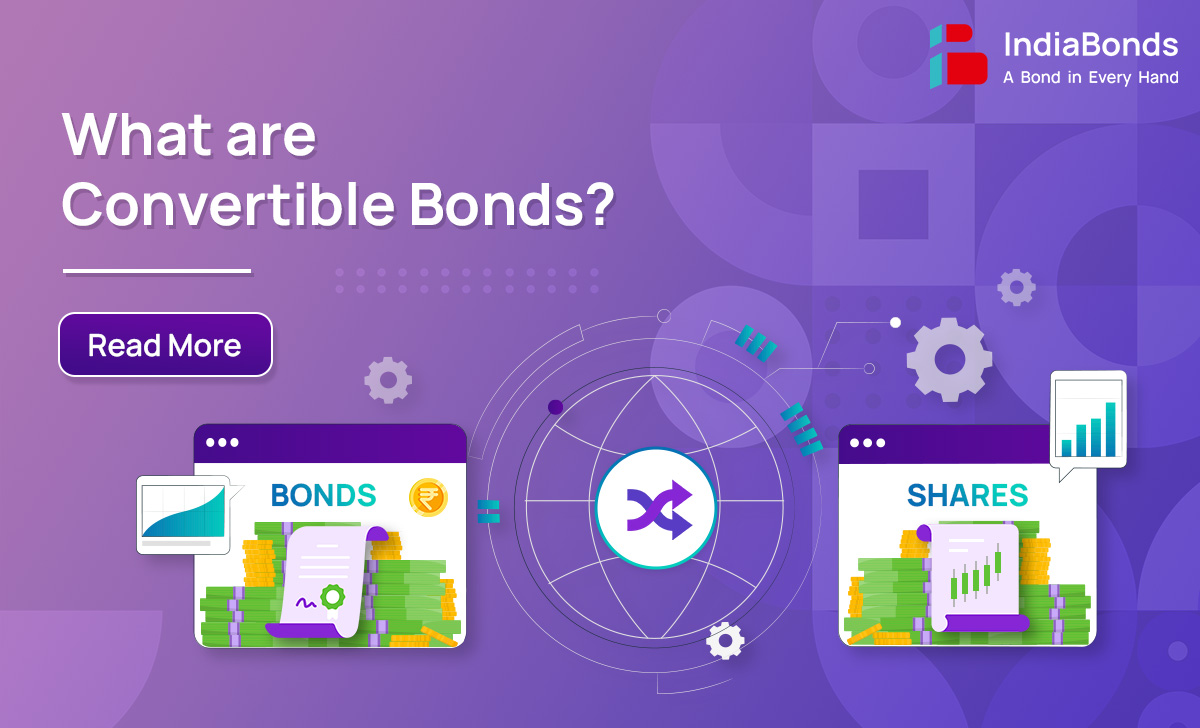
What is a convertible bond? Difference between convertible and non-convertible bond
Introduction Investors are diligently looking for the necessary and sufficient information regarding their investment goals and the financial instruments they have chosen. Bond investments have been the talk of the town in recent years, and sufficient information is being made available through numerous means. However, some early investors are still unclear about the notions of […]

Difference Between Bonds & Debentures
A loan is the most common method of obtaining the necessary funds. There are numerous ways to borrow money, but the two most common are bonds and debentures. These financial debt instruments have different functions and are issued to attract investment or money from you, i.e., the general public. All debentures are bonds, but not […]
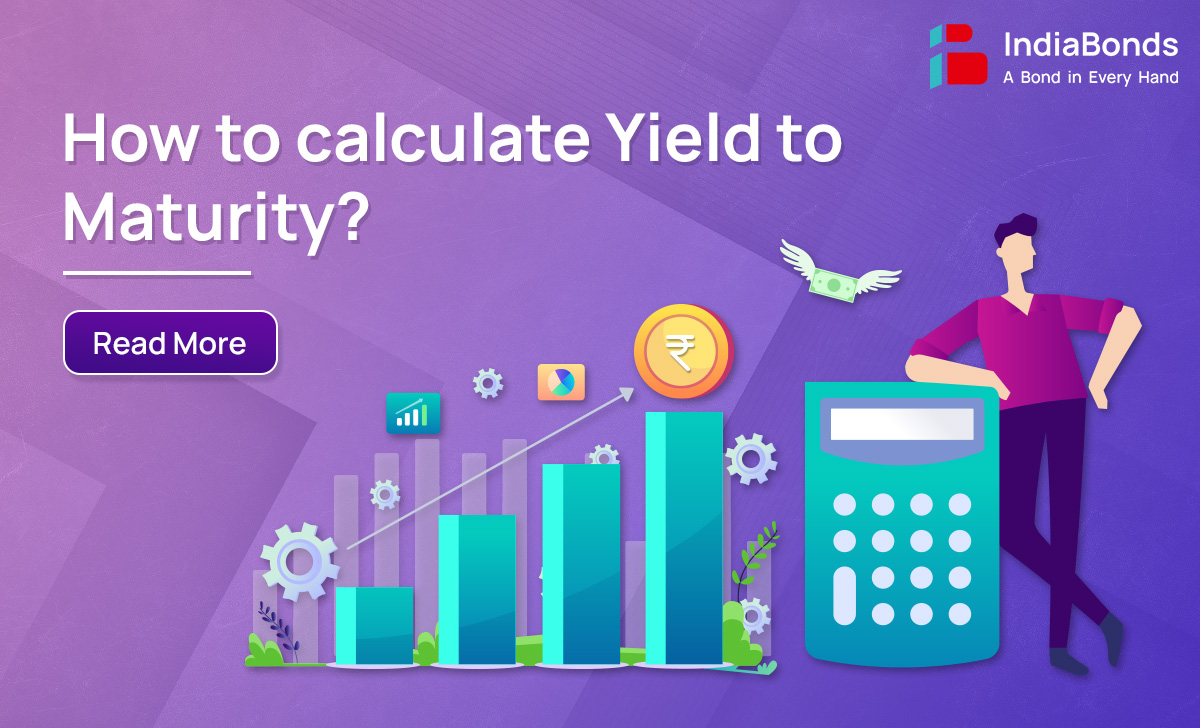
How to Calculate Yield to Maturity?
Introduction Investing in fixed-income instruments is a great way to secure a passive income while reducing portfolio risk. Bonds are one of the best examples when it comes to investing in fixed-income securities. The interest that bonds pay to the bondholder is often represented as the coupon rate. For instance, if a corporate bond has […]

What are PSU Bonds?
Introduction Investment is an essential aspect of long-term wealth creation. However, not everyone has the risk appetite for investing in equity and other market instruments. When it comes to secure investment avenues, fixed deposits are a popular choice but do not always yield inflation-beating returns. For risk-averse investors, Public Sector Undertaking Bonds (PSU Bonds) offer an […]
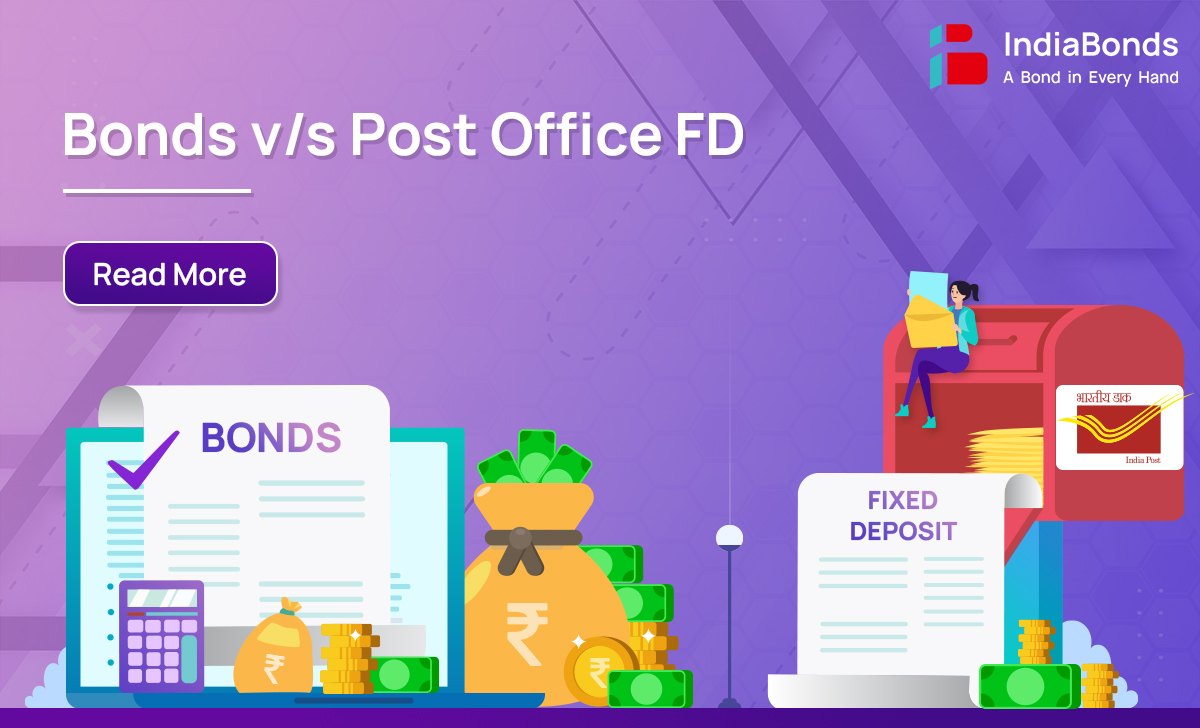
Difference Between Bonds & Post Office FD
Introduction If you happen to be an investor with a limited risk appetite and are looking for investment options with an assured return on the capital, bonds and fixed deposits are ideal for you. Fixed deposits are accepted by both banks as well as Post Offices across the country. Both these investment options are low […]

What are Tax-Free Bonds?
Introduction Tax-free bonds are the only fixed-income form with no associated tax liability on the interest earned. You can invest in tax-free bonds and keep 100% of the interest you receive each year. In India, the government or any public sector undertaking can issue tax-free bonds to the public. These bonds are a safe choice […]
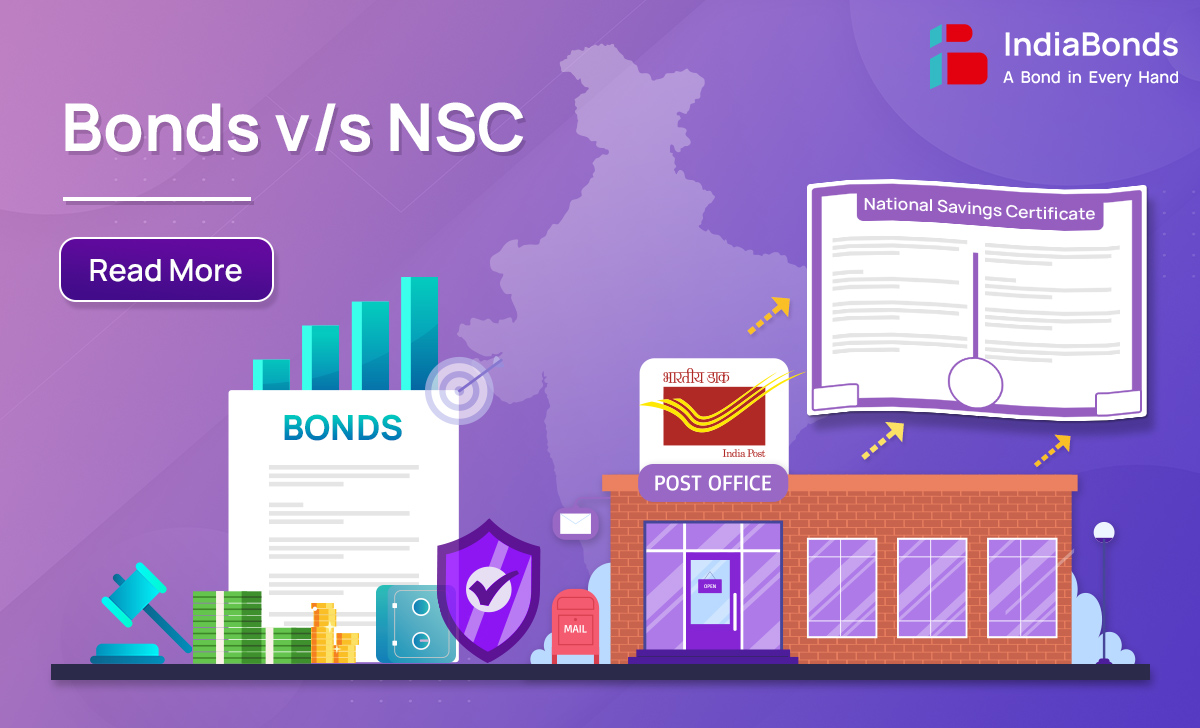
Difference Between Bonds & National Savings Certificates (NSCs)
Introduction In today’s day and age, there are various investment options to choose from. While some options may appear lucrative because of potential high returns, they involve potential risks to capital. For relatively lower risk – investment in NSCs and Bonds are the two most popular options. If you want to be conservative with your […]

Zero coupon Bonds
Zero-coupon or discount bonds are debt security instruments bought at steep discounts and mature at their face value without paying interest throughout their term. These bonds offer the total face value at maturity, giving a significant return equivalent to the interest gained over time. Ideal for investors seeking a simple and effective investment strategy, they […]
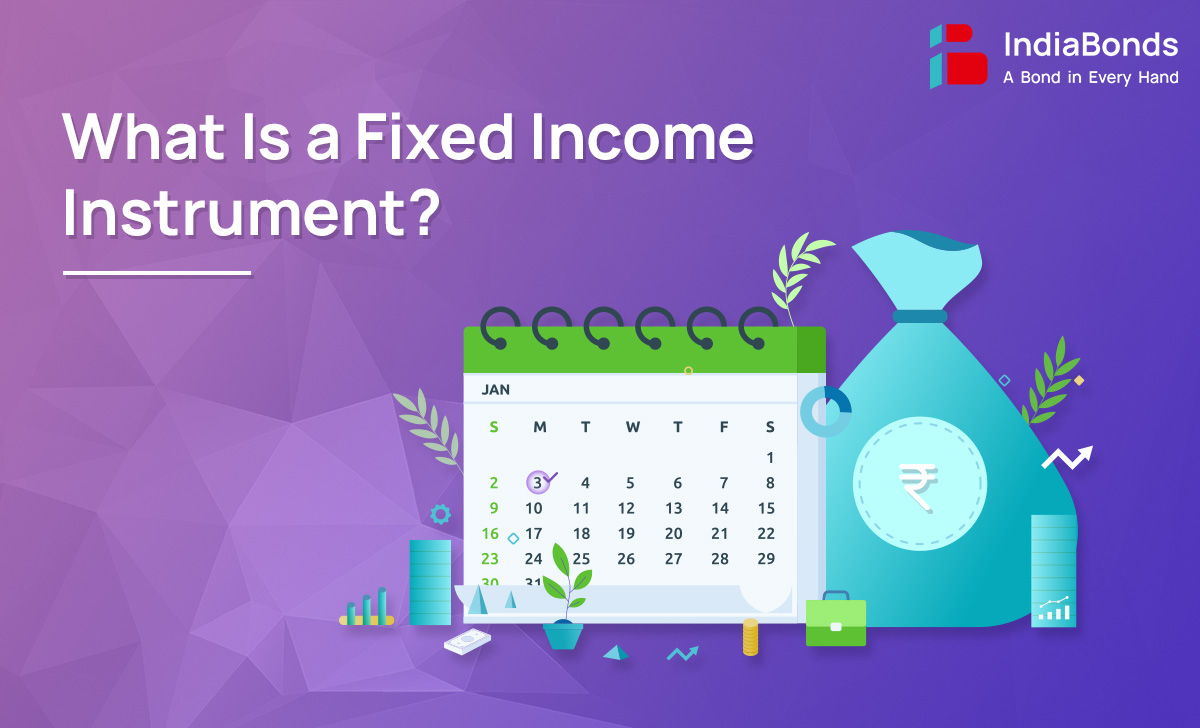
What Is A Fixed Income Instrument
The meaning of fixed income securities in financial markets is as simple as the definition of the word itself – you get a prescribed income from this which is mostly fixed (decided) at the time of investment and when held till maturity of the instrument. For those of us who are interested in receiving a […]